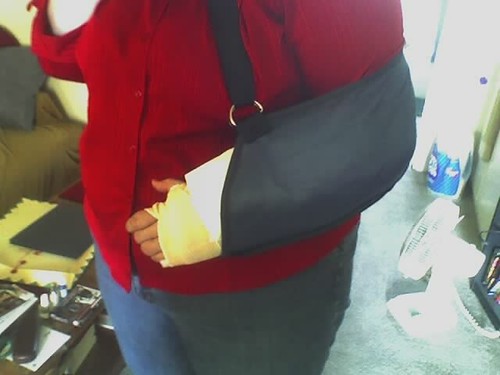Thursday Briefing
Good Thursday #GoodThursday

The first evacuees leave Gaza
After weeks of waiting, hundreds of people were allowed to leave the besieged Gaza Strip yesterday, the first of thousands of foreigners, aid workers and critically wounded patients expected to depart in the coming days.
By last night, buses had ferried 361 foreign nationals over the border to Egypt, and ambulances had carried 45 severely injured Palestinians and some of their family members to Egyptian hospitals, an Egyptian state-owned television channel reported. The crossings came after a deal was negotiated among Israel, Egypt, the U.S., Qatar and Hamas that allowed certain categories of people to leave.
Since the Hamas attacks on Israel on Oct. 7, Israel has imposed a siege on Gaza, conducting a bombing campaign and, more recently, sending troops in. The Rafah crossing is the sole possible escape route for people trapped in the territory and the only entry point for relief supplies.
The head of the U.N. agency for Palestinians, the most senior official allowed into Gaza since the war began, said his agency was running out of fuel, water, food and medicine and would “soon be unable to operate.” The U.N. aid chief said a cease-fire was the only viable option for delivering sufficient aid.
For Europe’s Jews, old fears return
The Oct. 7 massacre in Israel carried out by Hamas has awakened a repressed horror for Jews in Europe and beyond, now compounded by dismay at how the world’s sympathy has rapidly shifted to the Palestinians being killed in Gaza under Israeli bombardment. From Britain to Italy, apartment buildings have been daubed with Stars of David, Jewish stores have received bomb threats and demonstrations have called for Israel’s eradication.
Perhaps not since the Holocaust have European Jews lived in an atmosphere of fear so acute that it feels like a fundamental shift in the terms of their existence. “There is a feeling of helplessness that has never been experienced before,” said an official with the Belgian League Against Anti-Semitism.
Leaders warn of ‘catastrophic’ potential harm from A.I.
Representatives of 28 governments attending a British summit, including China and the U.S., signed a document called the Bletchley Declaration, in which they agreed to cooperate on evaluating the risks of artificial intelligence.
“There is potential for serious, even catastrophic, harm, either deliberate or unintentional, stemming from the most significant capabilities of these A.I. models,” says the declaration, which was released yesterday. It does not set specific policy goals, but a second meeting is set to be held in six months in South Korea, and a third in France a year from now.
THE LATEST NEWSAround the World
In small cities across Brazil’s countryside, acrobatic dancers dressed as children’s characters ride around on neon big rigs to perform choreographed dances at stoplights and traffic slowdowns, sending the paying passengers on board into a frenzy. The concept is becoming a common — and beloved — sight in Brazil.
Climb aboard Brazil’s Hurricane Truck of Happiness and see what it’s like.
SPORTS NEWS
World Cup 2034: What does Saudi Arabia’s hosting mean for soccer?
The Lyon team bus attack: A player’s account of the incident from on board.
Women’s Ballon d’Or award: Controversially presented by Novak Djokovic.
ARTS AND IDEAS Pairing celebrities with audiobooks
Audiobook memoirs are traditionally voiced by the authors. But for the narration of her best-selling memoir, “The Woman in Me,” the pop star Britney Spears passed the baton to another star: the actress Michelle Williams.
Snippets of Williams’s narration have proved explosively popular online. But what goes into selecting a celebrity reader for an audiobook?
“I like to think of my job as kind of matchmaking,” said Sara Jaffe, a producer at Penguin Random House. Her job is not finding the most famous Hollywood name to narrate a book, but rather casting someone who can help “connect the reader to the text.”
RECOMMENDATIONS